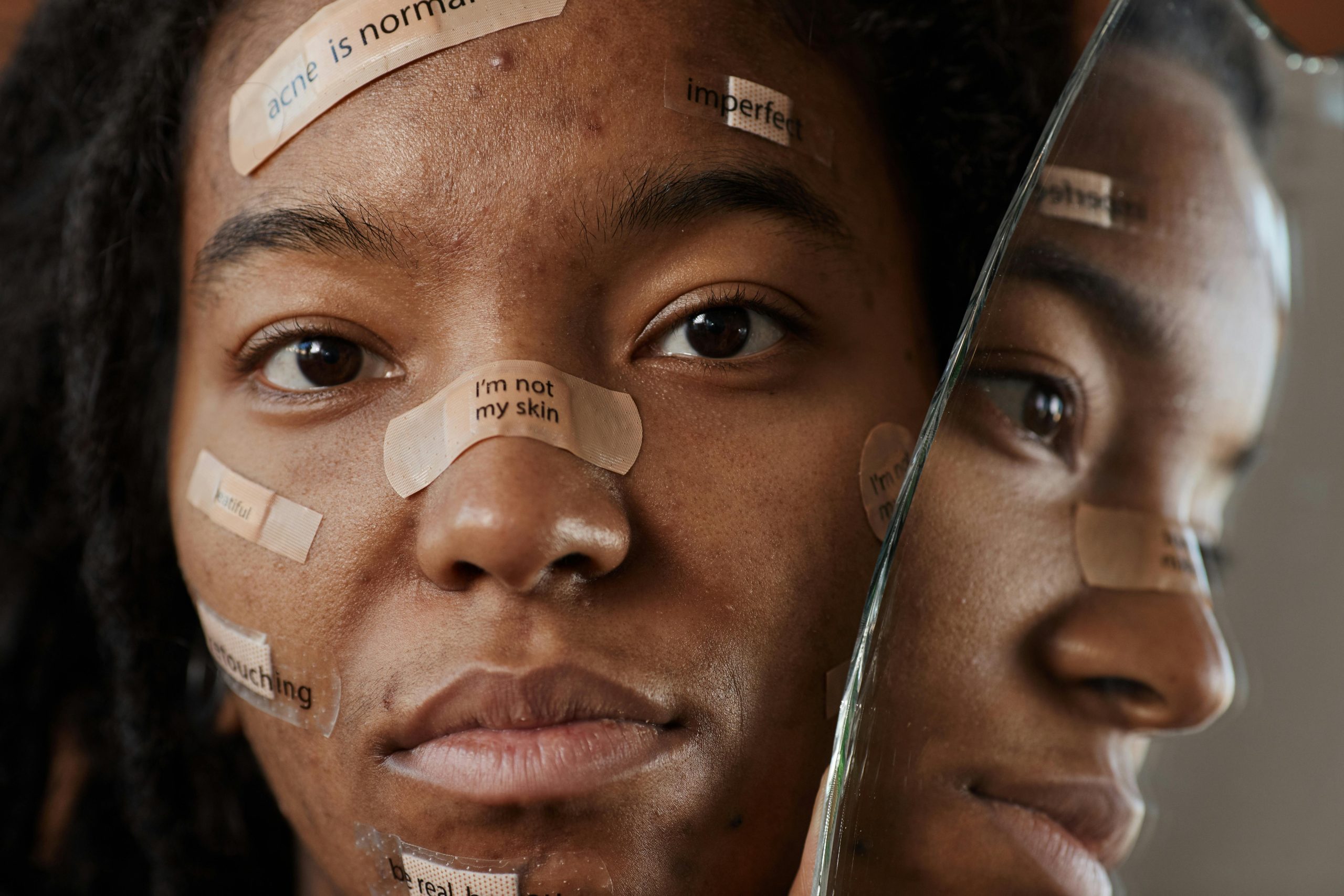Is Advocating for Public Education Ethical? Exploring Parental Choices and Systemic Impact
In the ongoing discussion about education, parents often face the dilemma of whether to collaborate with or challenge public school systems to secure a suitable education for their children. This question becomes even more complex when the mainstream classroom environment doesn’t meet a child’s unique needs. For families weighing their options, particularly those who consider legal avenues to advocate for their child’s rights, it’s essential to examine the broader ethical and societal implications.
From a philosophical standpoint, educators and policymakers often wonder: Is it more equitable for families to actively work within the public school framework or to invest privately in resources and alternative educational options? For those working within the education sector, this question isn’t just academic—it touches on the core values of fairness, resource allocation, and the collective responsibility of society to provide quality education.
When parents engage in legal action—such as filing lawsuits against school districts—to obtain appropriate educational services, it raises important ethical considerations. On one hand, resources allocated to support a child’s individual needs might seem to divert funds from other students. There’s also a concern that such legal conflicts could strain the system and potentially perpetuate inequalities. On the other hand, utilizing available legal mechanisms can serve as a catalyst for systemic improvements, ultimately benefiting all students, particularly those with special needs who might otherwise be overlooked.
A foundational belief in public education is that society benefits when all children have access to quality schooling. Many argue that parents should strive to make public schools effective environments for their children, thereby reinforcing the system’s strength and inclusivity. However, personal circumstances vary, and for some children—especially those with specific educational challenges—the standard classroom may not be sufficient. In such cases, prioritizing the child’s well-being may mean exploring alternative options, including specialized services or private education.
Ultimately, the decision to challenge or cooperate with public education systems depends on individual values, circumstances, and the understanding that children are human beings with unique needs—not mere representatives of ideological stances. When considering these choices, parents must balance their duty to their children with a broader commitment to societal equity and improvement.
As someone preparing to navigate the public school system for a child with potential special needs, these questions are personally resonant. It’s a complex landscape where advocacy, resource allocation, and ethical considerations intertwine, highlighting the importance of ongoing dialogue among educators, families, and policymakers to create a truly equitable educational environment for all.
